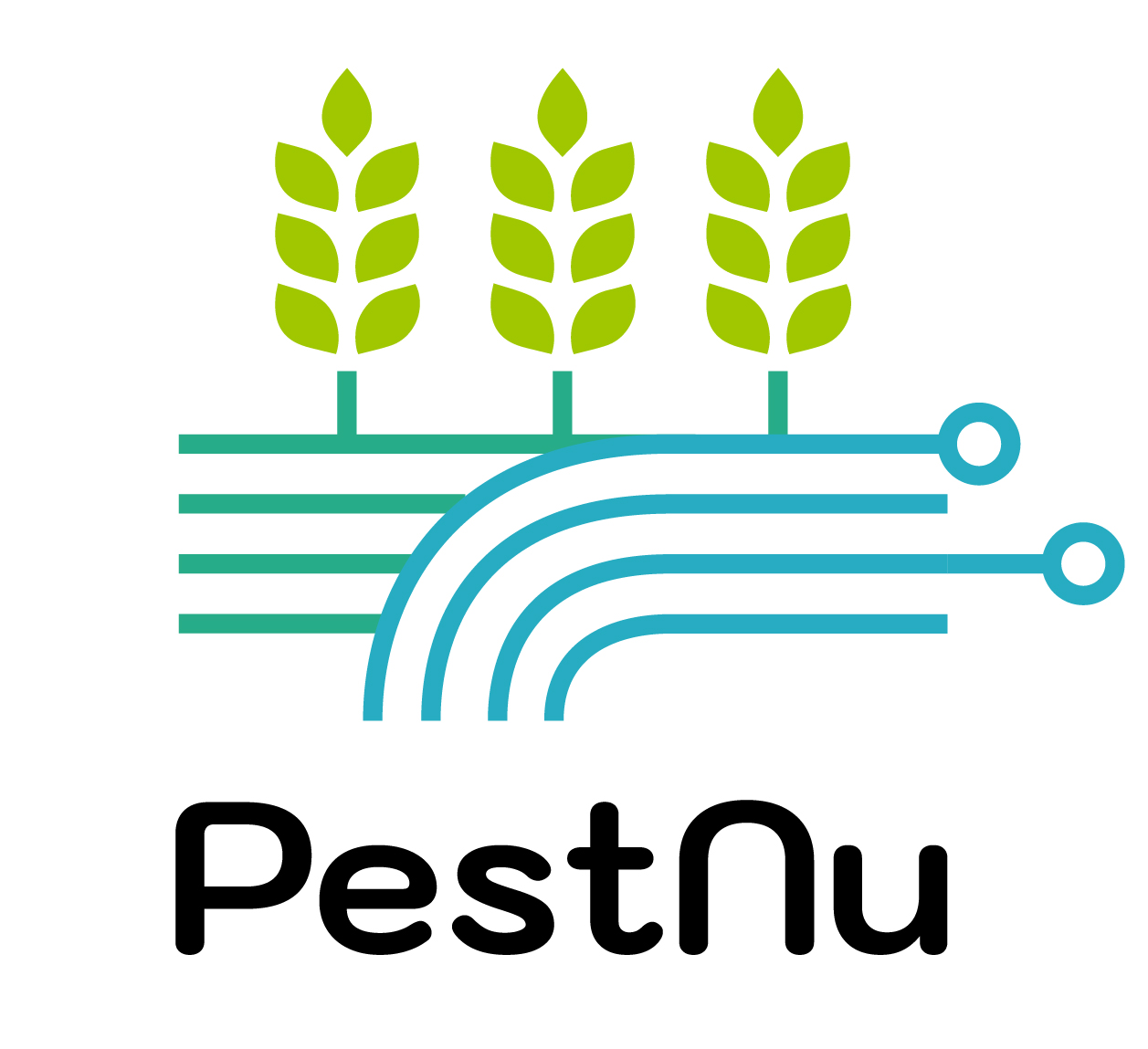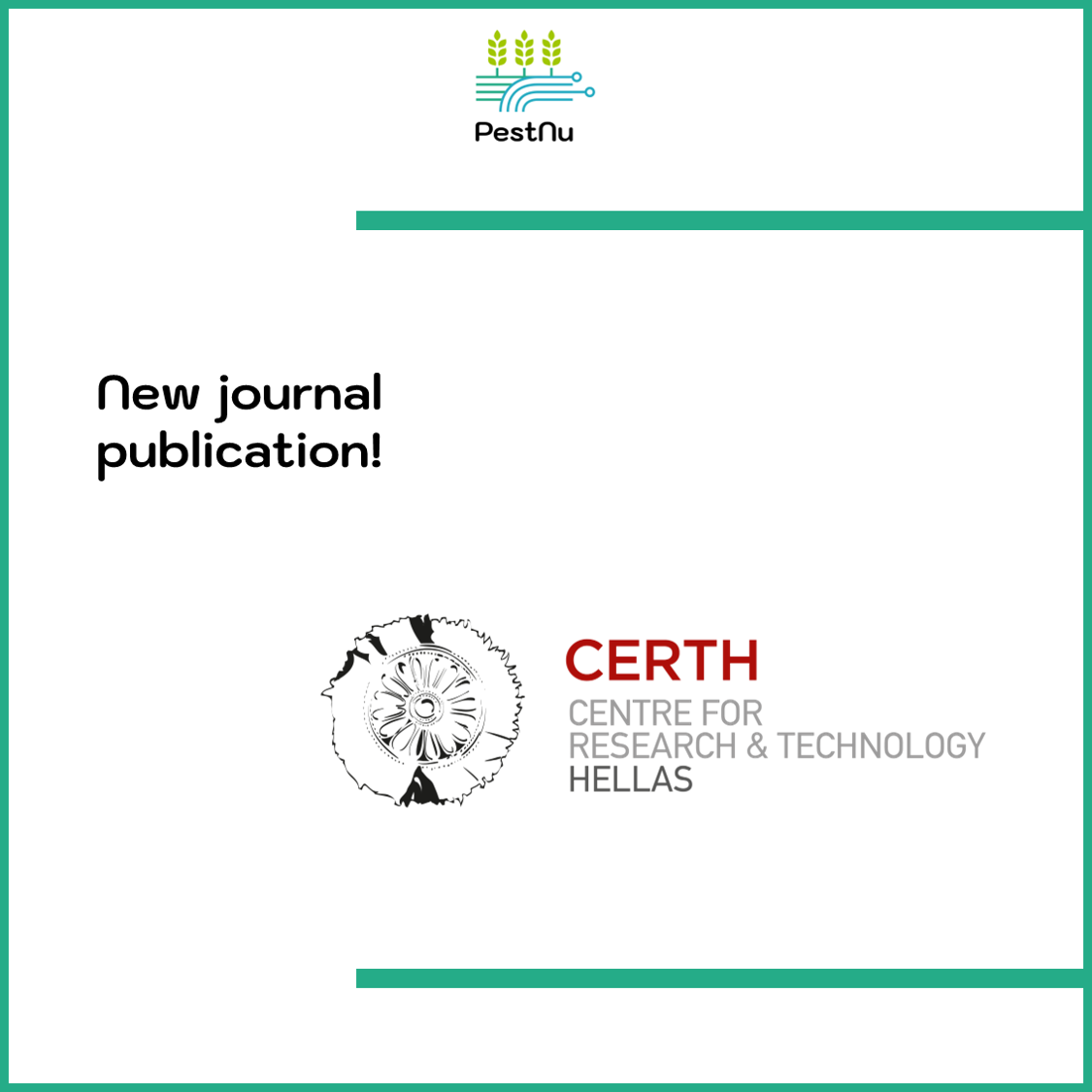We proudly announce a new, remarkable achievement accomplished by CERTH within the context of PestNu project!
The article, “Energy Autonomous Embedded System with Environmental Sensors and Hyperspectral Imaging” has been published at the ” Low power Electronics and Applications” Journal, by MDPI!
The authors of the article are Charalampos S. Kouzinopoulos, Eleftheria Maria Pechlivani, Nikolaos Giakoumoglou, Alexios Papaioannou; Sotirios Pemas; Panagiotis Christakakis; Dimosthenis Ioannidis; Dimitrios
Tzovaras, and its respective DOI is the following: https://doi.org/10.3390/jlpea14020019
The abstract and the keywords of the publication can be found below.
Citizen science reinforces the development of emergent tools for the surveillance, monitoring, and early detection of biological invasions, enhancing biosecurity resilience. The contribution of farmers and farm citizens is vital, as volunteers can strengthen the effectiveness and efficiency of environmental observations, improve surveillance efforts, and aid in delimiting areas affected by plant-spread diseases and pests. This study presents a robust, user-friendly, and cost-effective smart module for citizen science that incorporates a cutting-edge developed hyperspectral imaging (HI) module, integrated in a single, energy-independent device and paired with a smartphone. The proposed module can empower farmers, farming communities, and citizens to easily capture and transmit data on crop conditions, plant disease symptoms (biotic and abiotic), and pest attacks. The developed HI-based module is interconnected with a smart embedded system (SES), which allows for the capture of hyperspectral images. Simultaneously, it enables multimodal analysis using the integrated environmental sensors on the module. These data are processed at the edge using lightweight Deep Learning algorithms for the detection and identification of Tuta absoluta (Meyrick), the most important invaded alien and devastating pest of tomato. The innovative Artificial Intelligence (AI)-based module offers open interfaces to passive surveillance platforms, Decision Support Systems (DSSs), and early warning surveillance systems, establishing a seamless environment where innovation and utility converge to enhance crop health and productivity and biodiversity protection.
Keywords: smart embedded systems; hyperspectral imaging; deep learning; citizen science; artificial intelligence; mobile applications
You can reach the full article following this link: https://www.mdpi.com/2079-9268/14/2/19

